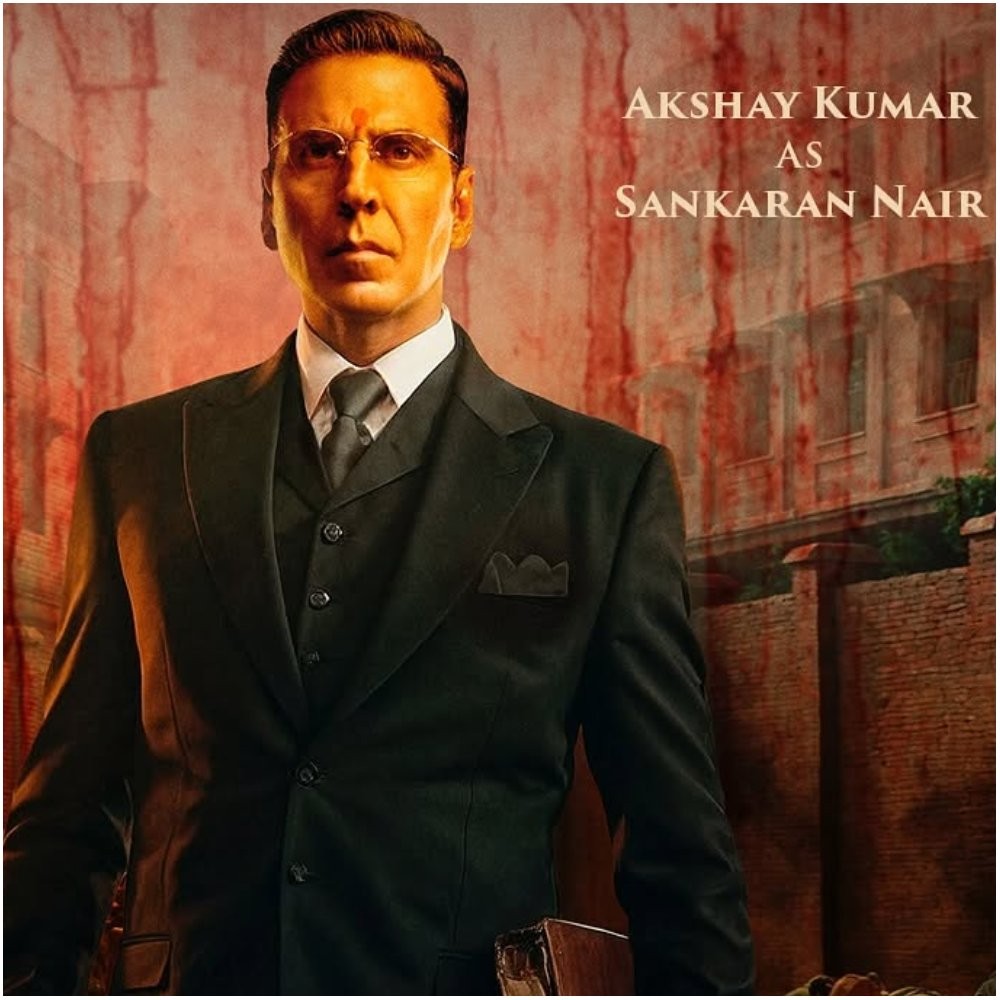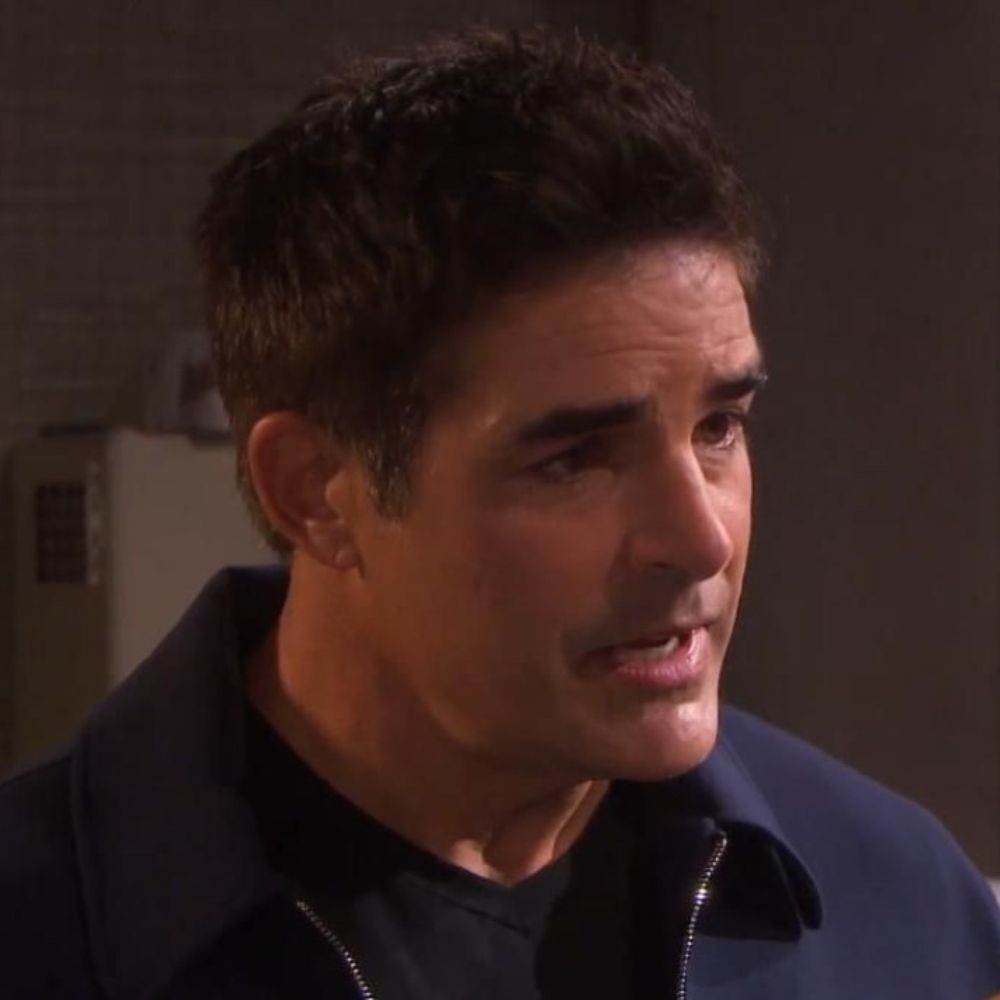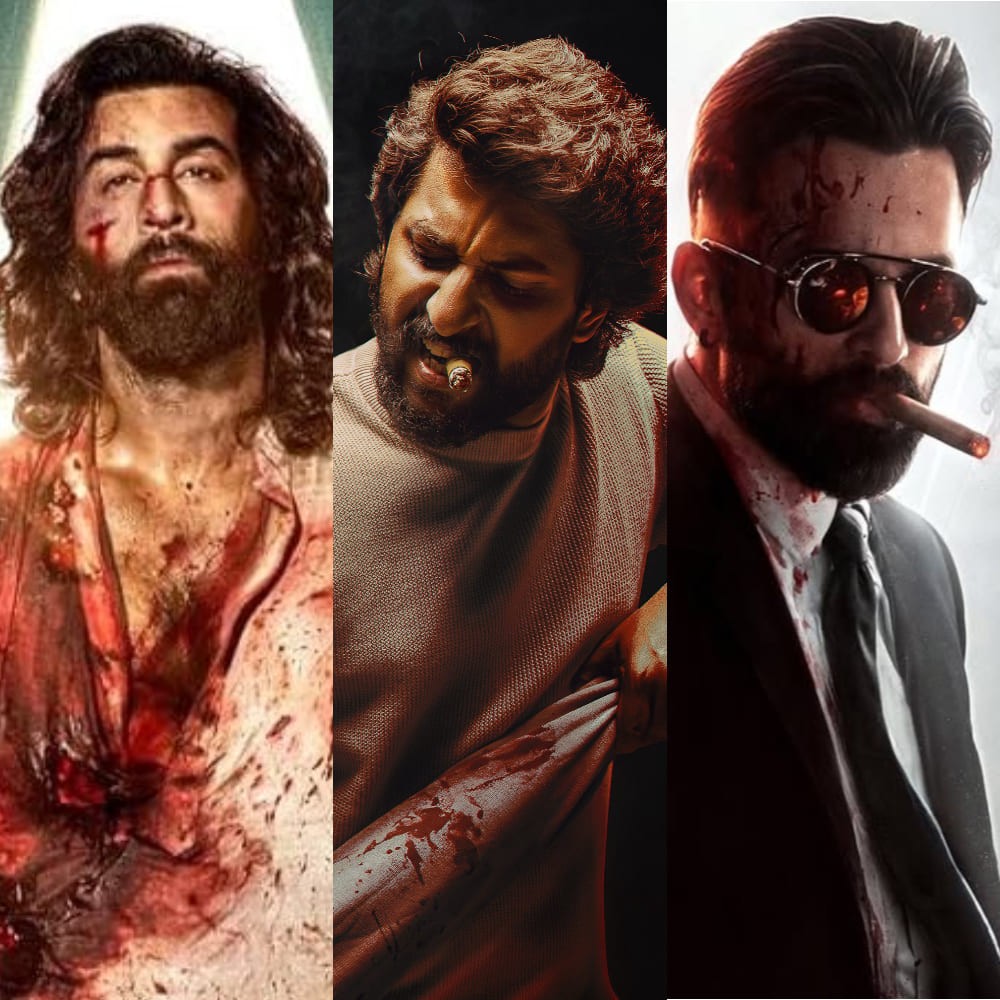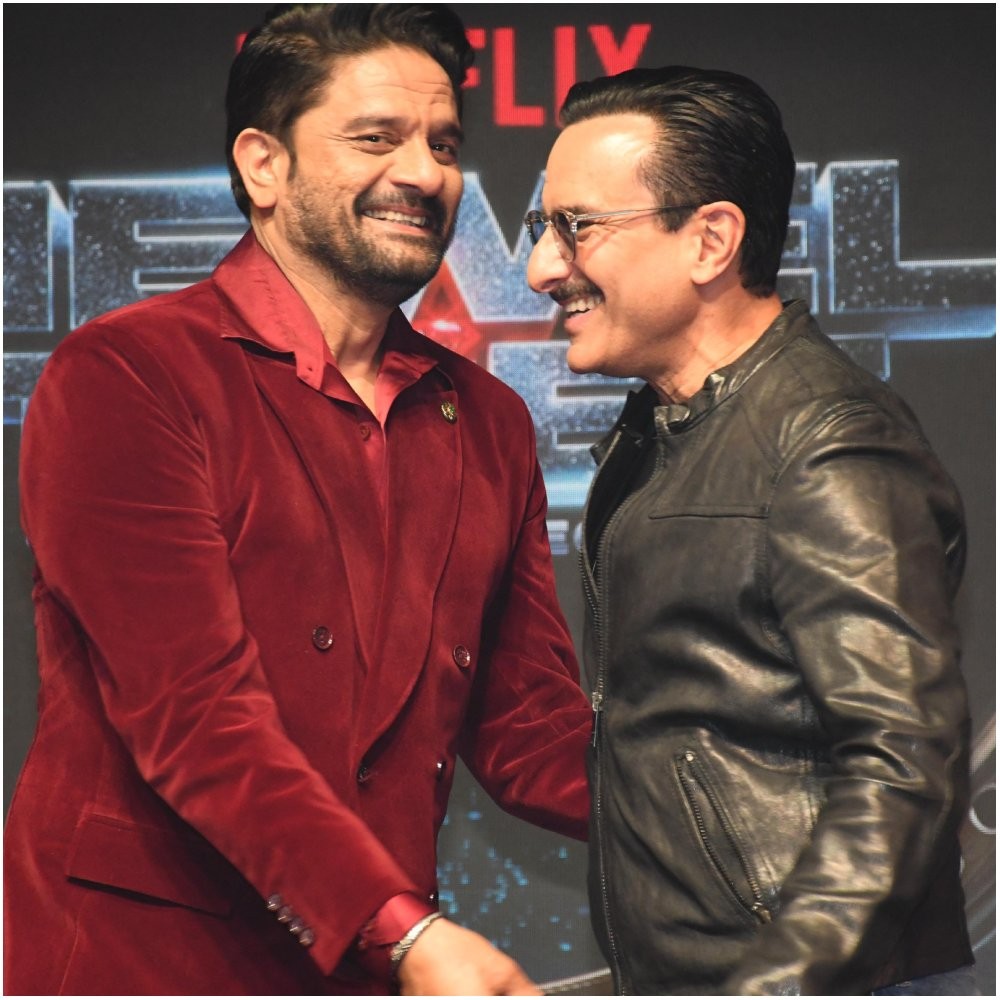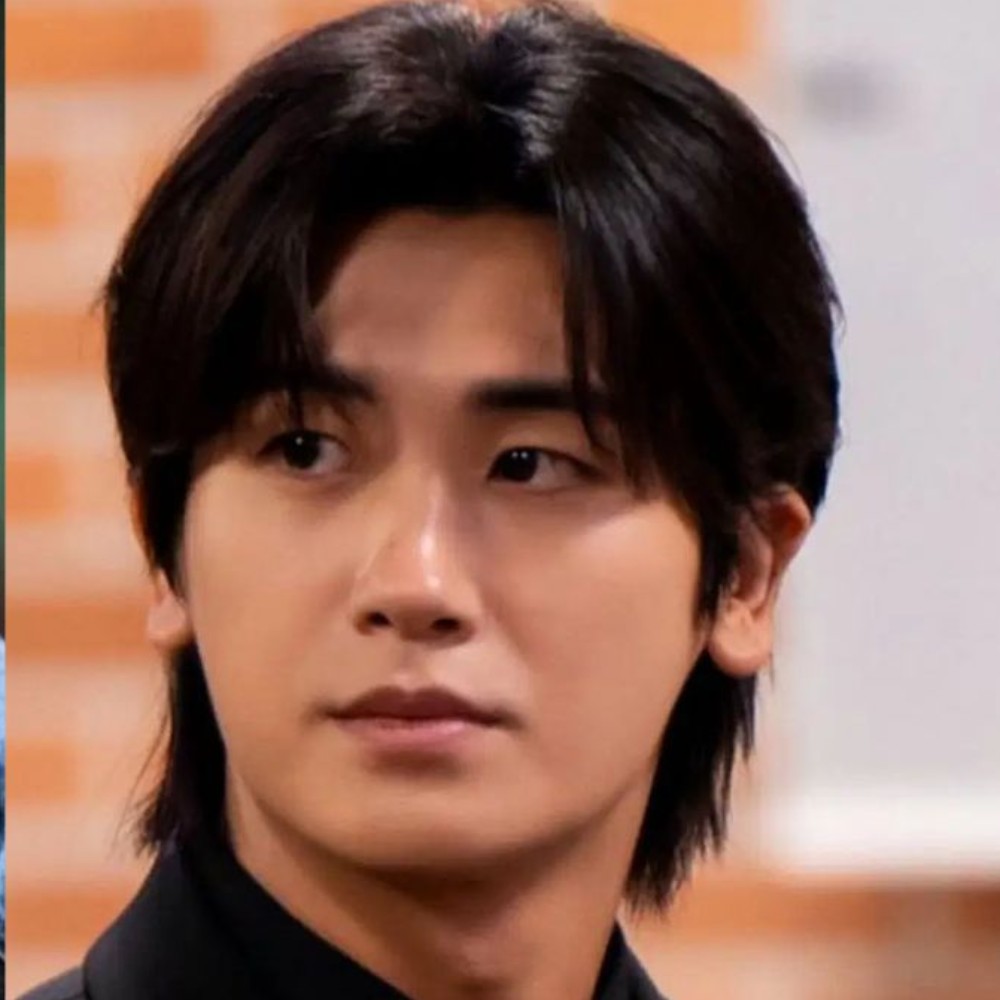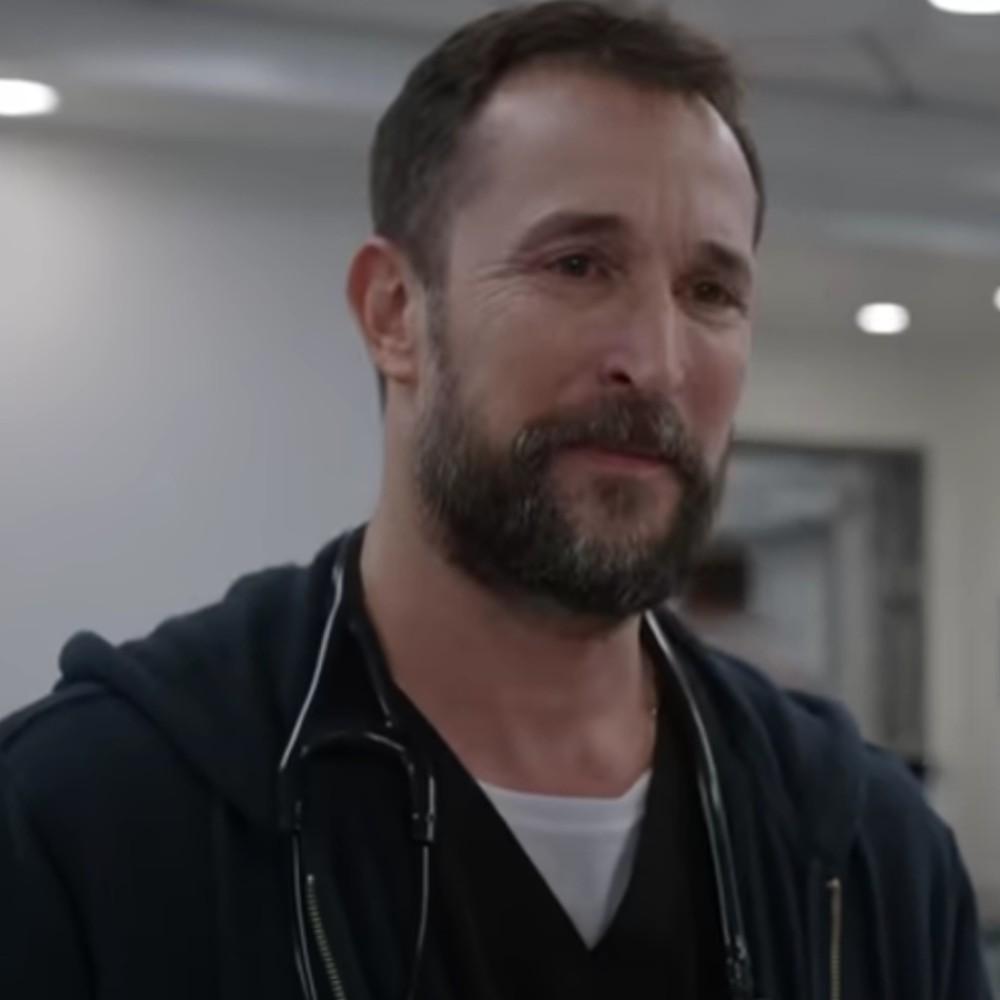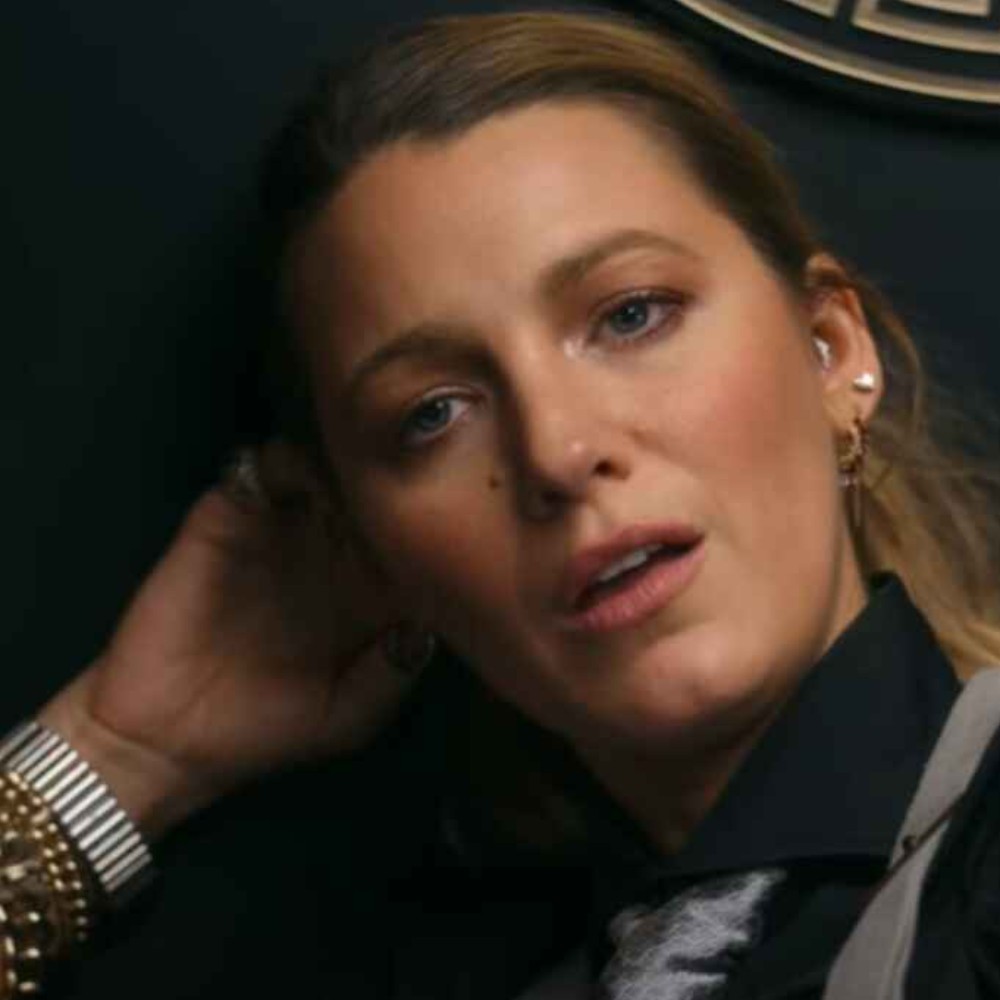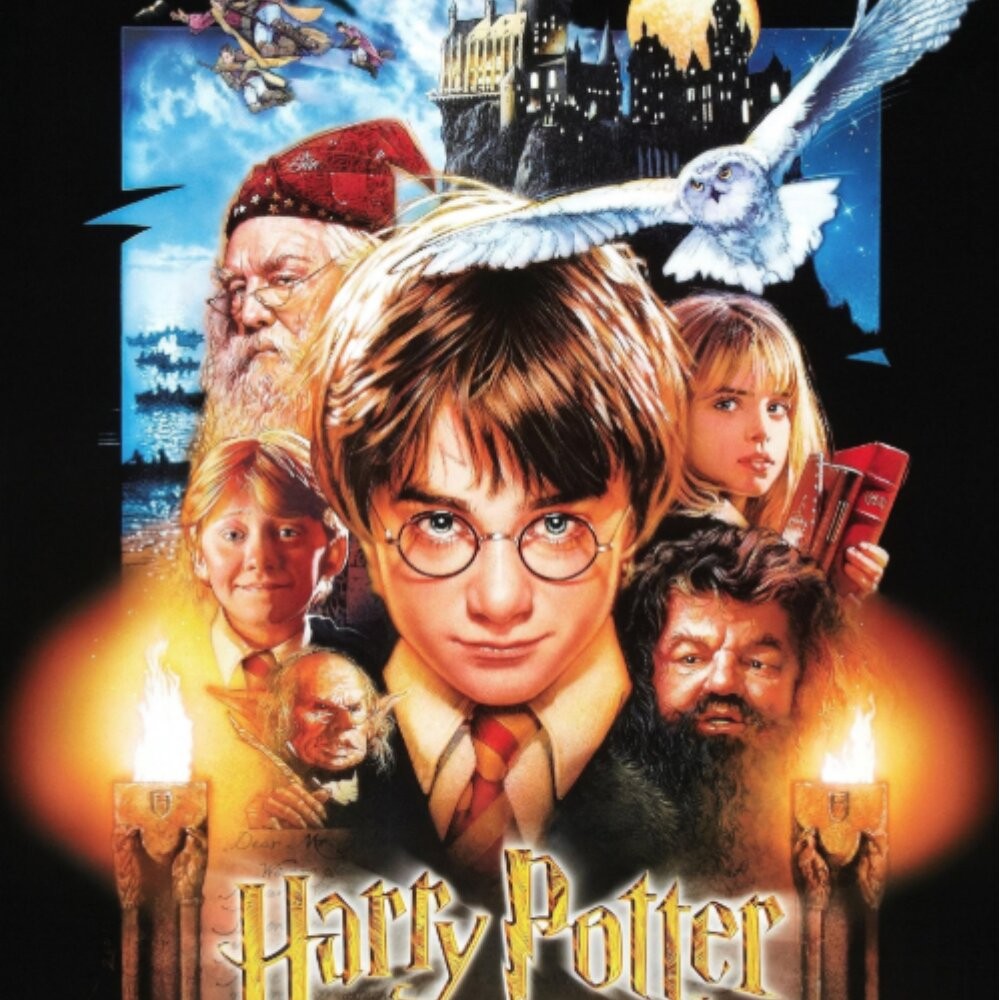'It Gets Harder And Harder To Write Science Fiction': James Cameron Addresses The Challenges Of Sci-fi Genre
James Cameron reflected on the evolution of the genre since the early Terminator films. He thinks much of this change is due to the advancement of real-world technology.
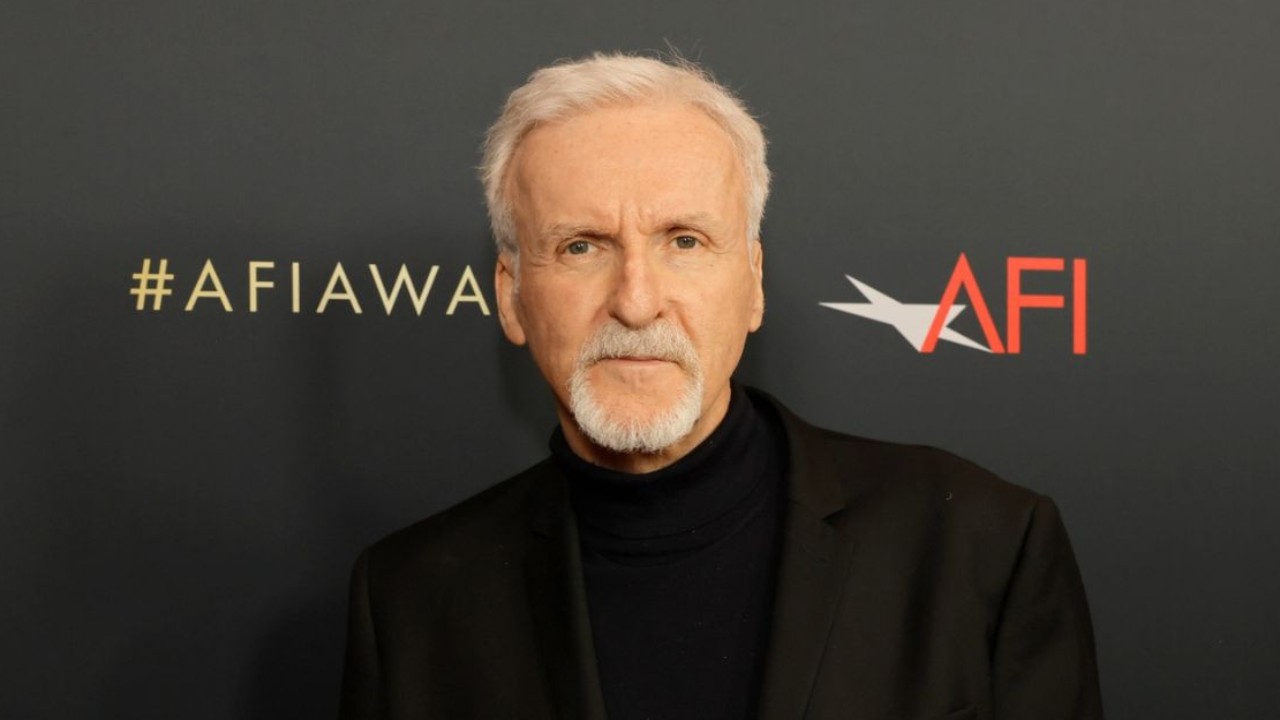
James Cameron, who's been a bit busy making Avatar sequels lately, has hit some major roadblocks when attempting to get Terminator 7 off the ground. While he is committed to filming the Avatar sequels now, it's now known that Cameron himself is writing the script for the seventh Terminator film. His history with the franchise is legendary, having directed both The Terminator and Terminator 2: Judgment Day, which have become science fiction staples. Following these successes, Cameron backed away from the franchise, finally returning as producer for the most recent offering, Terminator: Dark Fate.
It was in a recent interview with The Guardian that Cameron talked about how he saw the landscape of science-fiction evolve since the early Terminator films. Much of this change he attributes to the rapid development of real-world technology, saying it has changed so much in only a couple of decades. Cameron said that, in a way, some of his earlier work within the genre probably hasn't held up to changes brought about by technology, but elements of it still do. What he has to do now is come up with a story for Terminator 7 that will resonate in today's world, which is changing at breakneck speed.
Cameron's comments drive home the challenges associated with attempting to write science fiction in an age in which, often, reality outpaces even the most vivid imagination. He continued to express himself, saying, "People pay the compliment, 'Oh, it still holds up.' I actually think that's true of Terminator 2 qualitatively. I think Terminator 1 qualitatively is pretty obsolete, although story-wise it's still pretty intriguing. There's some interest around this idea that it was a bit prescient on certain things, like the emergence of AI, the potential existential threat of AI, which is transforming our world before our eyes."
He said that the reason why it's hard to come up with a good storyline for Terminator 7 is that today's society is already living in what feels a lot like science fiction. "We're at a point right now where it gets harder and harder to write science fiction because we're living in a science fiction world on a day-to-day basis." He's working through some of the themes that he wants to bring into a new Terminator film or possibly even a kind of a reboot of a larger story framework, which is difficult right now because he wants to let the smoke clear on the whole thing. That's going to be a ride that "we're going to be watching for probably the rest of human history, but certainly the next few years are going to be quite telling."
Even beyond science fiction, other genres, particularly political drama, and political satire, have increasingly found the real world leeching into storyline inspiration. Scandalfamously saw Shonda Rhimes having to cull storylines from her ever more heightened ABC series for hitting too close to home on real-life events, while Prime Video's The Boyson several occasions has proven to be quite prescient, arguably to its own success, considering how heightened the satire is.
Cameron knows that even though his movies' technology may date, there is something more fundamental, like an underlying theme and commentary, which holds promise for longevity. It is precisely this that lets Terminator 2 have some effectiveness even today. As Cameron works to bring to life Terminator 7, he shall surely turn his attention to these timeless elements, ensuring that the film remains relevant to whatever gets made obsolete very fast with successive technological advancement. Although the Avatar franchise is going to keep him busy for many years to come, anticipation for Terminator 7 is building up since fans would like to see what new ideas Cameron will bring into the series.





 JOIN OUR WHATSAPP CHANNEL
JOIN OUR WHATSAPP CHANNEL

